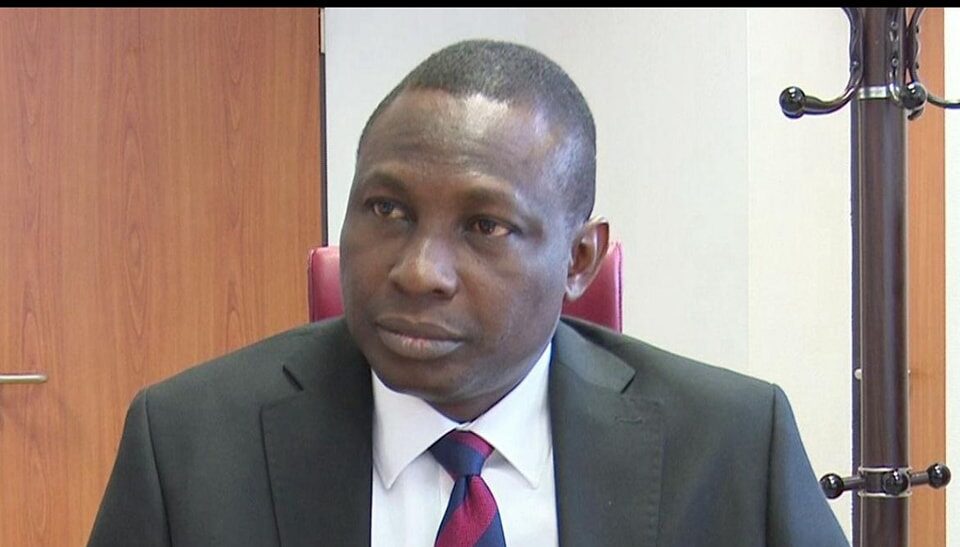


Avoid violating anti-money laundering laws, EFCC tells lawyers
The Executive Chairman of the Economic and Financial Crimes Commission, Ola Olukoyede on Tuesday called on lawyers across the country to always run a background check on their clients.
He added that this was to ensure they don’t run afoul of the Anti-Money Laundering and Counter Terrorism Financing regulations.
A statement by the commission’s Head of Media and Publicity, Dele Oyewale, said the EFCC boss spoke during a panel discussion on money laundering at the 64th Annual General Conference of the Nigerian Bar Association, NBA, Conference.
The statement partly read, “The Executive Chairman of the Economic and Financial Crimes Commission, called on lawyers across the country to always observe due diligence in their practices.
“This, according to him, is necessary for them to know the background of their clients so as not to run foul of the Anti-Money Laundering and Counter-Terrorism Financing regulations.”
Olukoyede also urged lawyers to be professional in their conduct.
He said, “As lawyers, we are supposed to hold a position of trust in our professional conduct. While we try to comply with international laws and regulations, we should also do what is right for ourselves to protect the sanctity of our profession, which is very key.
“It is expedient on you to, at least, know who your client is. You are expected to be paid from a legitimate source.
“If you are a victim of crimes, you will understand what I am saying. As lawyers, you must not, in any way, derogate or demean your professional commitment to your clients.
“Even a part of the money laundering Act that we have evaluated doesn’t stop me from enforcing the regulations of the EFCC Act and other financial laws in Nigeria.”
The EFCC boss emphasized that lawyers were not insulated from prosecution if they failed to do the right thing.
He said, “I must trace the proceeds of crimes. And if I trace it to you, I will invite you for questioning, and it is your duty to answer my questions.
“I mean, why do we talk about aiding and abetting crimes? Why do we have accessories before and after the fact? Knowing this will assist me in determining your level of culpability or otherwise.
“We are not saying you are not entitled to your pay, but what we are saying is that the money that comes to you must not be proceeds of crimes.”



